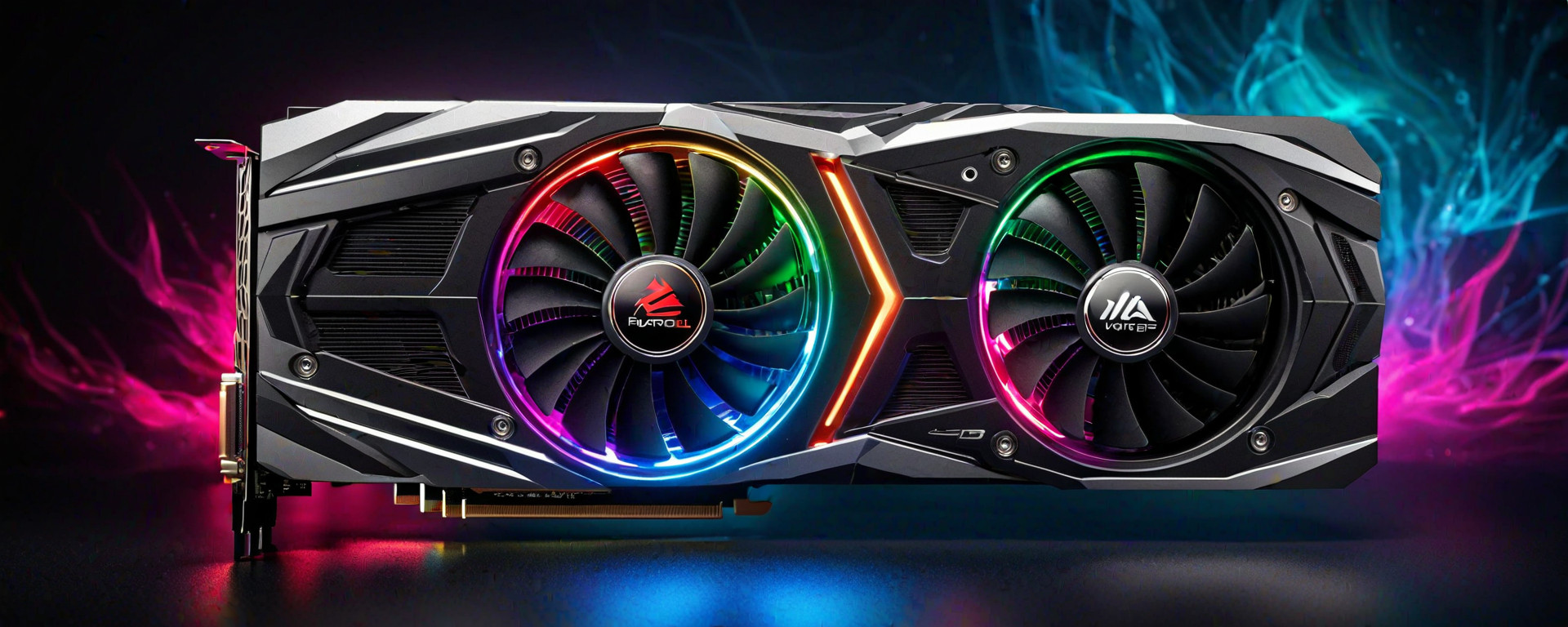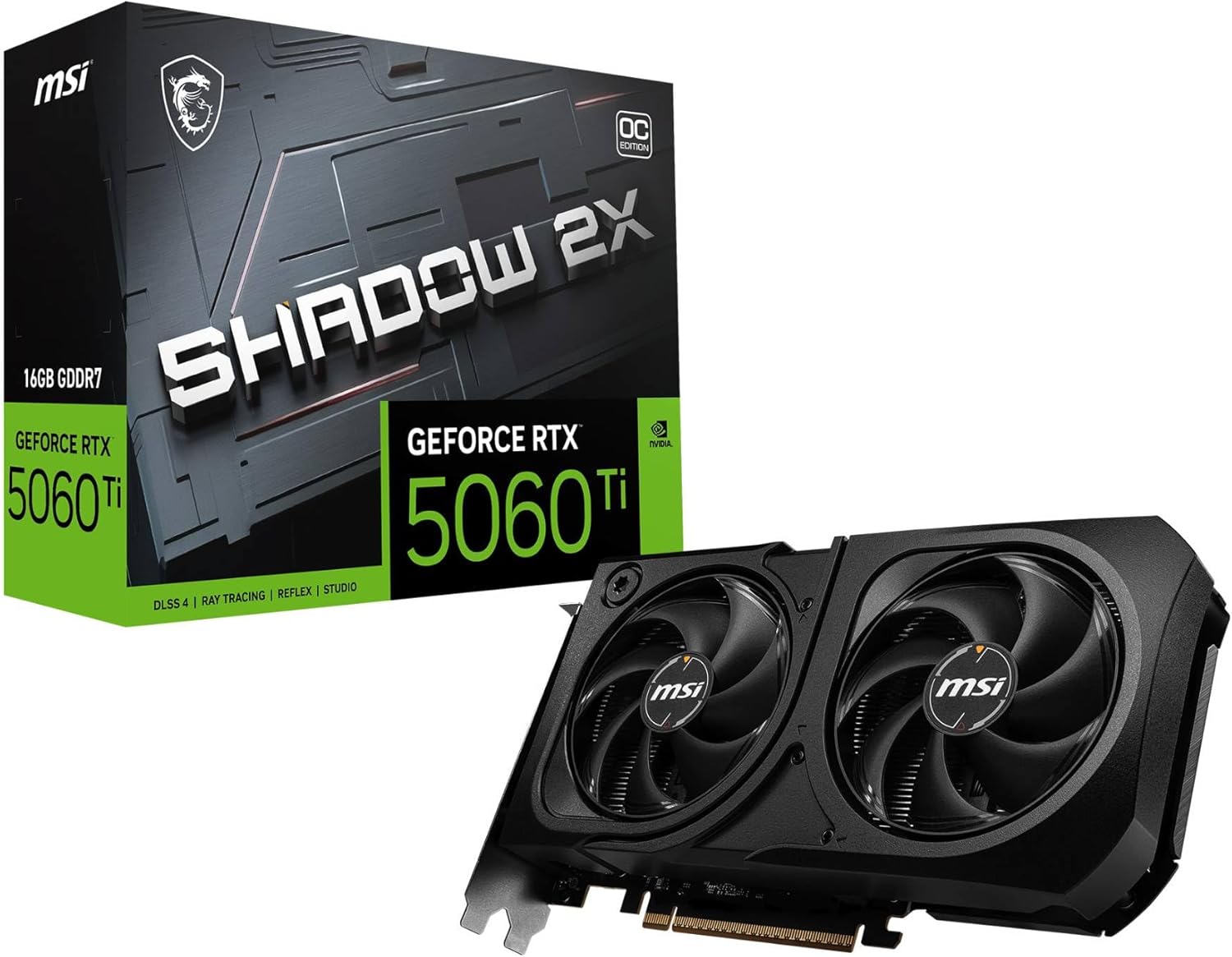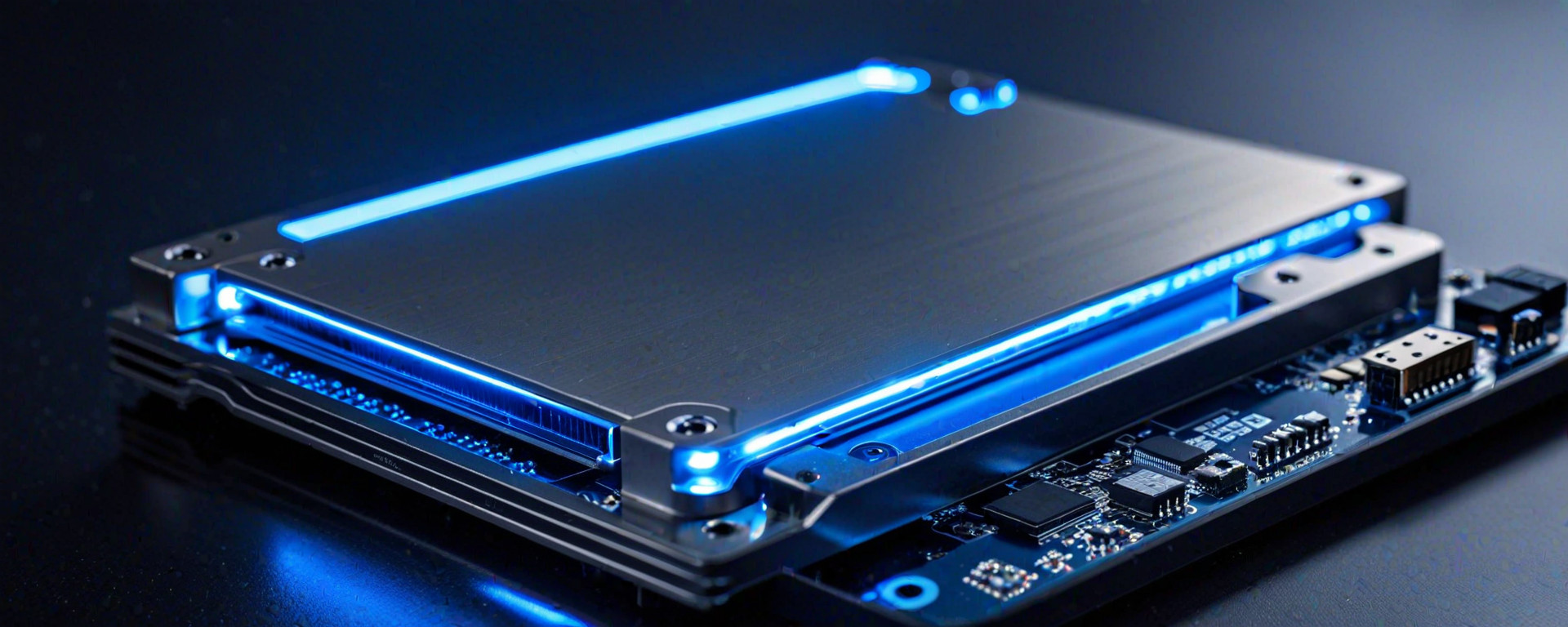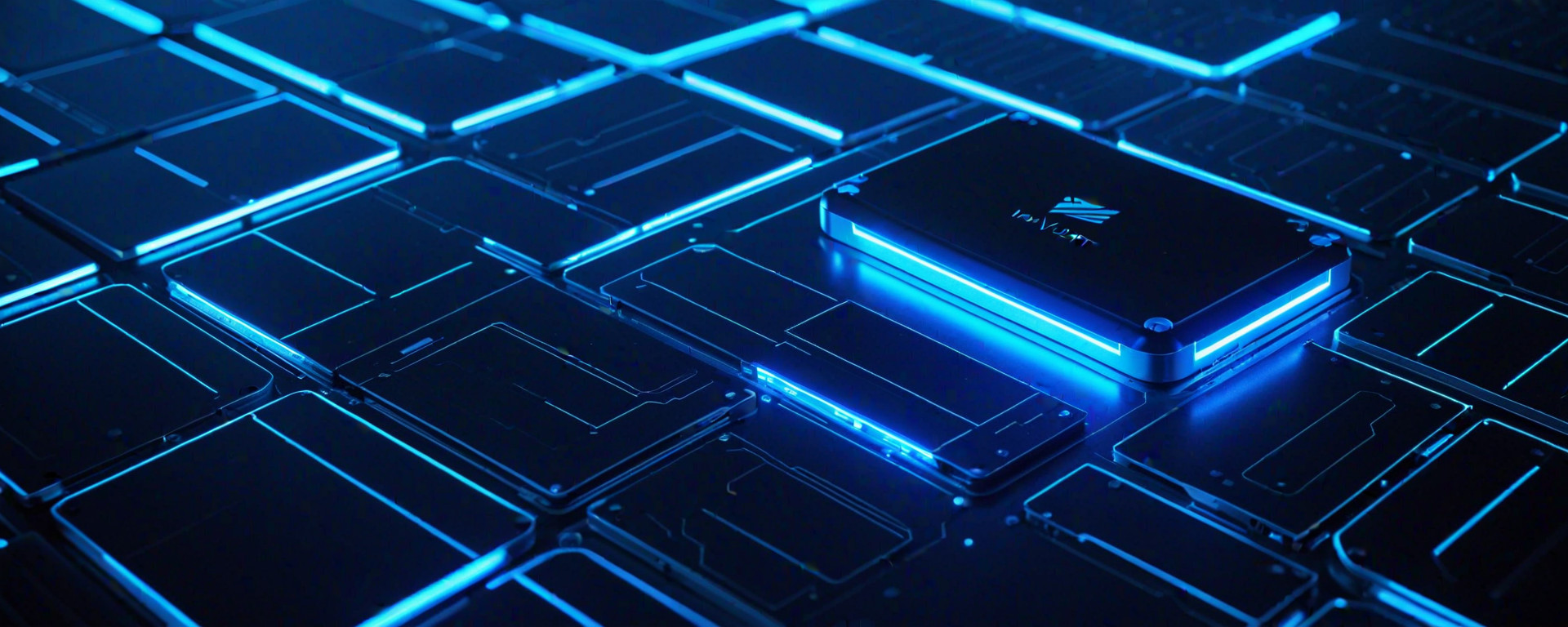Introduction
Selecting the right graphics card can significantly impact your computing experience, whether you're a gamer looking for immersive visuals or a professional needing powerful rendering capabilities. This guide aims to provide an in-depth look at various factors to consider when choosing a GPU that fits your budget and requirements.
In this article, we will cover everything from understanding the basics of graphics cards to detailed comparisons between different models across various price ranges. We'll also discuss real-world performance scenarios, common issues you might face during installation or usage, and conclude with a comprehensive FAQ section addressing frequently asked questions.
Understanding Graphics Cards
Basic Components
A graphics card is composed of several key components:
- GPU (Graphics Processing Unit): The heart of the graphics card, responsible for rendering images and videos.
- VRAM (Video Random Access Memory): Stores data required by the GPU during operations such as texture mapping.
- Clock Speeds: Measures how fast a component can process information; higher clock speeds generally mean better performance.
- Cooling System: Crucial for maintaining optimal temperatures and preventing overheating, which could lead to reduced performance or even hardware damage.
Technology Overview
Tech advancements like NVIDIA's RTX technology and AMD's DLSS (Deep Learning Super Sampling) offer enhanced visual fidelity and performance. Additionally, GDDR6 memory is widely used due to its high bandwidth capabilities compared to previous generations.
Compatibility Considerations
- Motherboard Compatibility: Ensure your motherboard supports the graphics card you're considering.
- Cable Requirements: Check if all necessary cables are included or available separately.
- Power Supply: A sufficient power supply is essential to prevent system instability and ensure reliable performance.
Detailed Comparisons Across Price Ranges
Budget Range (Under $150)
| Product | VRAM | Clock Speeds | Power Consumption | Price |
|---|---|---|---|---|
| NVIDIA GTX 1650 | 4GB GDDR5 | Base: 1485 MHz Boost: 1665 MHz | 75W | $129 - $139 |
| AMD Radeon RX 550 | 4GB GDDR5 | Base: 1183 MHz Boost: 1247 MHz | 69W | $79 - $99 |
Mid-Range (Between $150 and $350)
| Product | VRAM | Clock Speeds | Power Consumption | Price |
|---|---|---|---|---|
| NVIDIA GTX 1660 Super | 6GB GDDR6 | Base: 1530 MHz Boost: 1785 MHz | 125W | $249 - $299 |
| AMD Radeon RX 5600 XT | 6GB GDDR6 | Base: 1375 MHz Boost: 1620 MHz | 148W | $299 - $349 |
High-End Range (Over $350)
| Product | VRAM | Clock Speeds | Power Consumption | Price |
|---|---|---|---|---|
| NVIDIA RTX 3070 | 8GB GDDR6 | Base: 1500 MHz Boost: 1725 MHz | 220W | $499 - $649 |
| AMD Radeon RX 6800 XT | 16GB GDDR6 | Base: 1251 MHz Boost: 1730 MHz | 300W | $649 - $749 |
Real-World Performance Scenarios
Understanding how a graphics card performs in practical situations is crucial. For instance, the NVIDIA RTX 3070 excels in rendering ray-traced scenes and running modern games at high settings, while the AMD Radeon RX 5600 XT offers excellent performance for productivity tasks like video editing.
Troubleshooting Common Issues
- Overheating: Ensure proper airflow inside your case. Consider adding additional fans or upgrading to a more efficient cooling solution if necessary.
- No Display Output: Verify that all cables are securely connected and check for BIOS updates on your motherboard that might improve compatibility with new GPUs.
Technical Specifications and Performance Benchmarks
Performance benchmarks can provide insights into how a GPU will perform in real-world applications. Websites like CPU Benchmark offer detailed comparisons across different models.
Conclusion
Selecting the right graphics card involves considering your budget, intended use cases (gaming vs. productivity), and future-proofing needs. By evaluating these factors alongside technical specifications and real-world performance data, you can make an informed decision that best suits your requirements.
Contact Information for Further Assistance
Should you need more detailed advice or have specific questions about compatibility or performance, feel free to reach out via email.








